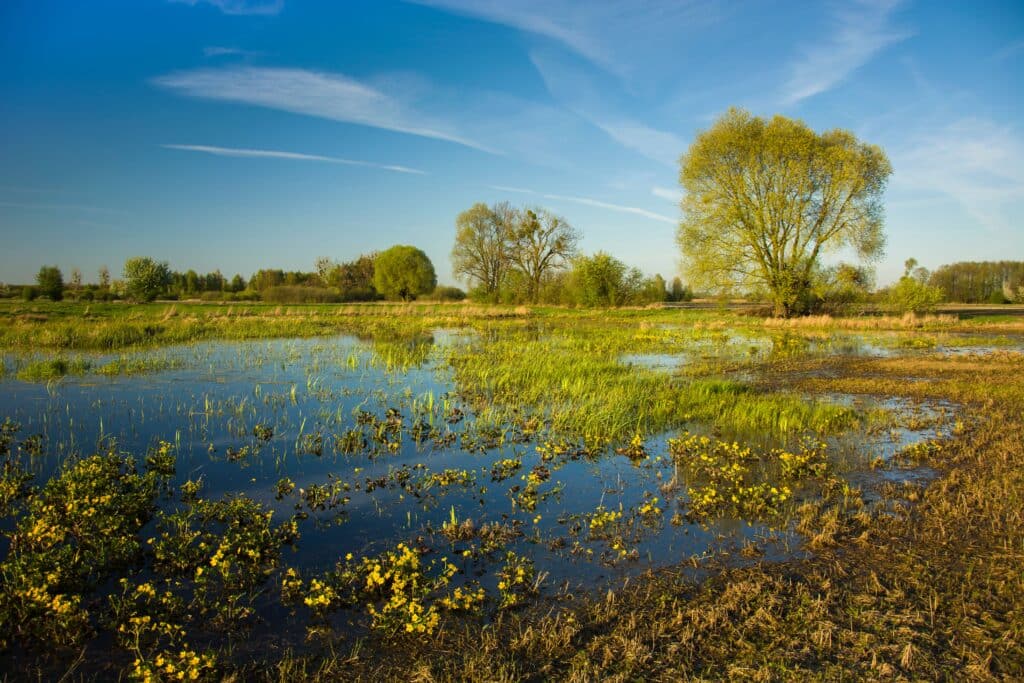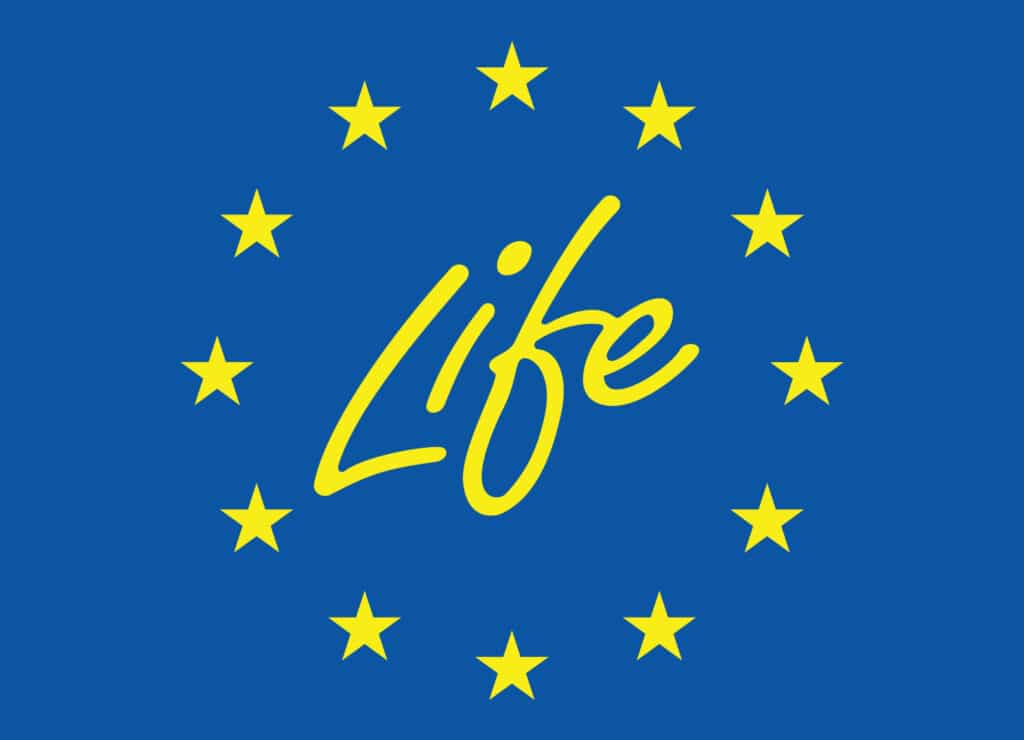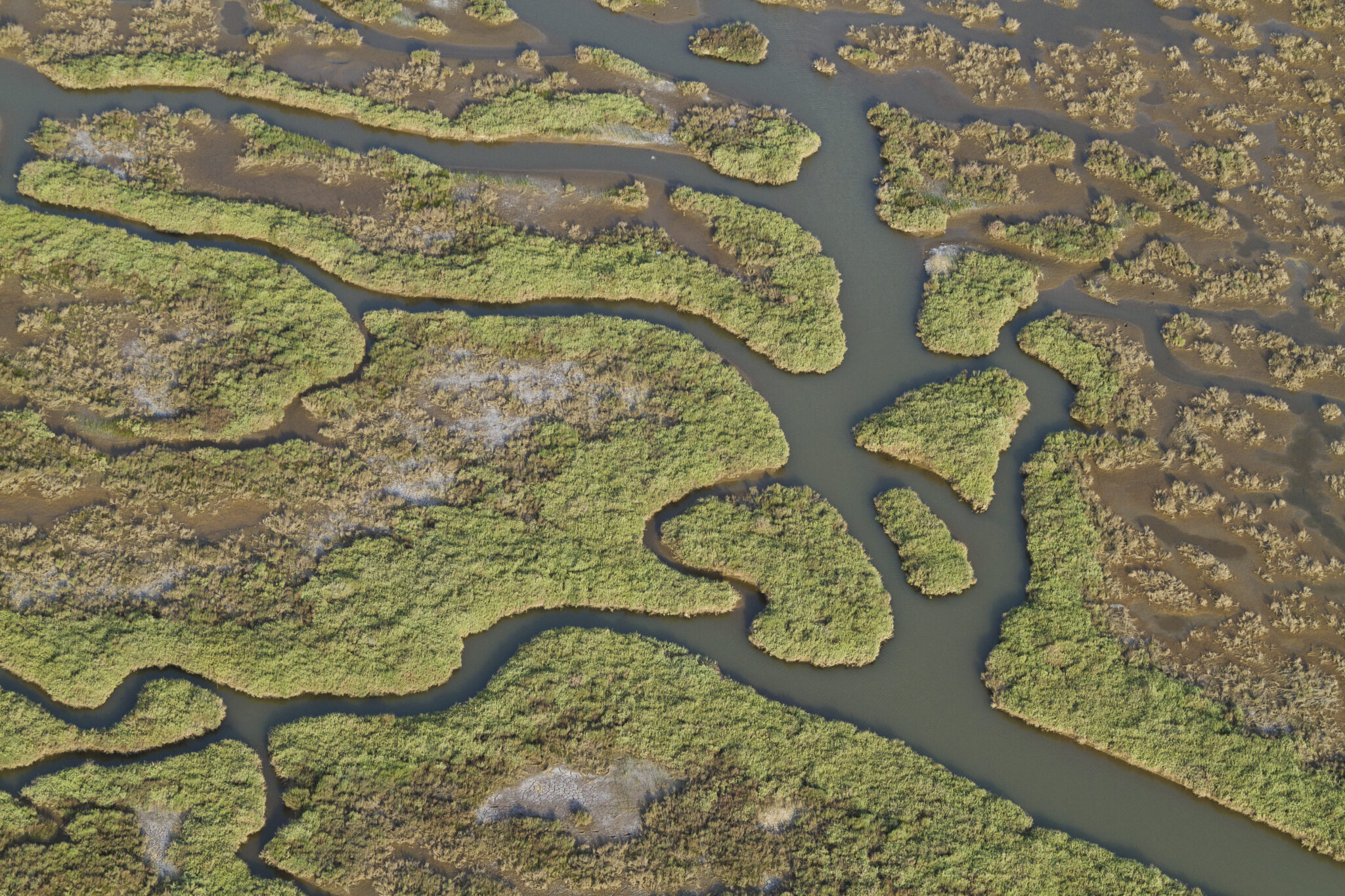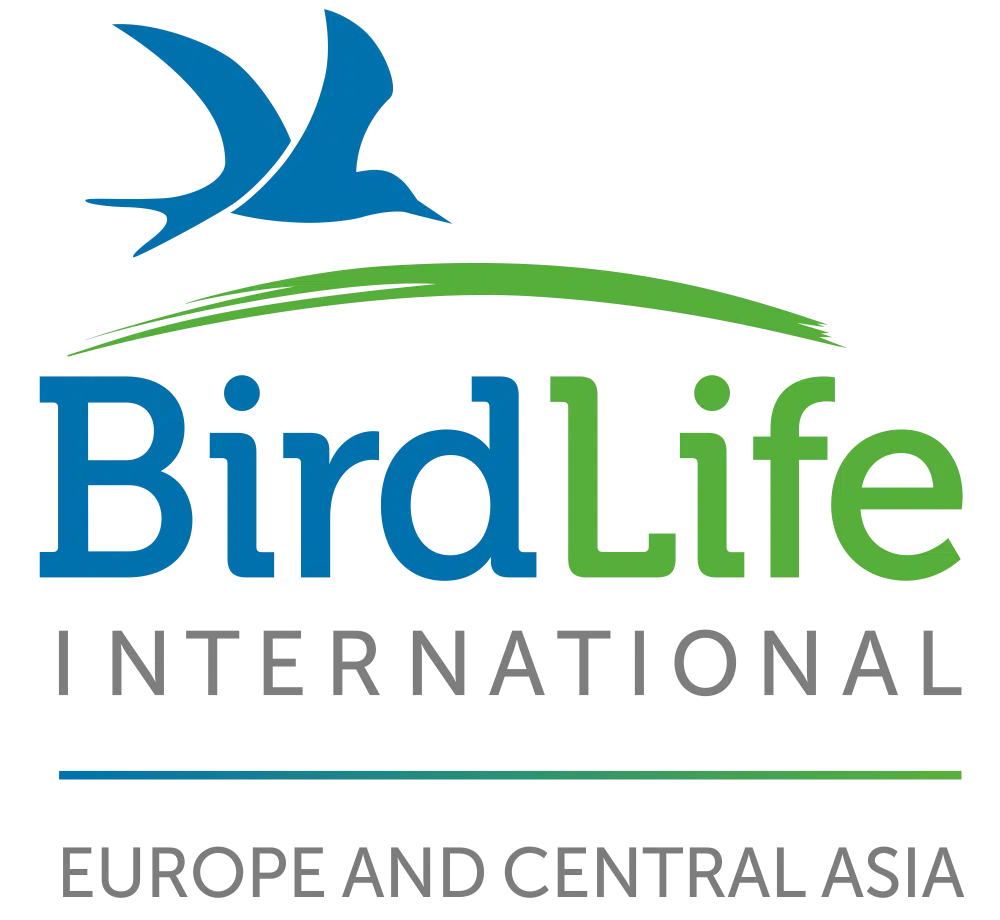COP15 aftermath: EU countries show strong support for the Nature Restoration Law

Only one day after world leaders agreed on a global deal to reverse the decline of biodiversity at COP15 in Montreal, environment ministers from across the EU are following suit to translate global ambition into strong regional policies. Today, at the European environment council, a majority of ministers expressed their support for a strong EU Nature Restoration Law in response to the climate and biodiversity emergencies.
While some Member States continue to prioritise short-term vested interests over the long-term, inherent solutions nature restoration has to offer, countries like Belgium, Denmark, Estonia, France, Germany, Italy, Luxembourg, and Slovenia have stepped forward and acknowledged the importance and need for nature restoration for the survival of our planet.
“The national leaders in favour of this law are listening to what their constituencies, to what the science, and to what progressive businesses are saying. Everyone will be a winner with an aspirational law to restore nature. And as floods, droughts, and fires only increase across the EU, restoring nature is the only option we have”, says Sofie Ruysschaert, Nature Restoration Policy Officer at BirdLife Europe and Central Asia.
In the next six months, the Swedish Presidency will need to steer the negotiations in a constructive way towards a final Council agreement expected in June 2023. BirdLife hopes that the Swedish Presidency will continue down the same ambitious path as the Czech Presidency did in the second half of 2022, and the BirdLife network will continue the make the case for a pioneering Nature Restoration Law.
Cover picture: Dariusz Banaszuk – Shutterstock
You might also be interested in:
 | Stichting BirdLife Europe gratefully acknowledges financial support from the European Commission. All content and opinions expressed on these pages are solely those of Stichting BirdLife Europe. The European Commission is not responsible for any use that may be made of the information it contains. |









